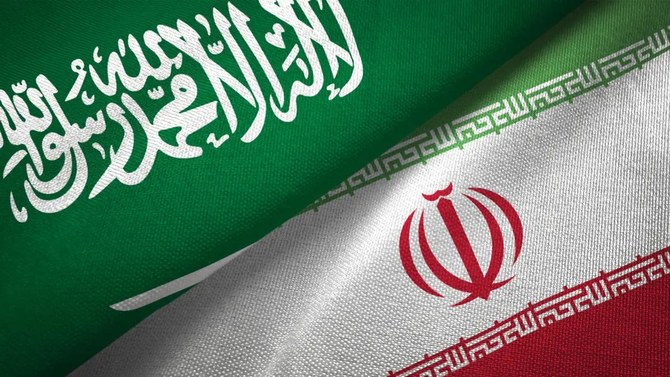
On Tuesday we watched the big political show as American President Donald Trump met with People’s Democratic Republic of Korea President Kim Jung Un in Singapore. A year ago Last year Trump and Kim were threatening to launch nuclear war against the other. Now they will smile and shake hands and talk for hours. We just saw the summit of the big Western countries in Canada that was supposed to be relatively easy explode. What happened with the more difficult summit between Trump and Kim Jung Un ?
The United States already has a long experience negotiating with North Korea without success. The former American ambassador to Russia, Michael McFaul, who is close to Barak Obama, asked on twitter, “How can Trump reach a deal about North Korean nuclear weapons if he cannot even negotiate a simple deal about trade of milk products with our friends in Canada?”
The Singapore meeting, however, is not about a final deal. American President Trump acknowledged that he didn’t prepare for the meeting very much. Other presidents I have seen had big folders full of briefing papers with complicated details. Donald Trump is not interested in details. For Trump, the meeting is about his personal relationship with the North Korean leader. Trump told the American media that he works mainly by instinct. He said that he will know in five minutes whether it will be possible to achieve with time a final agreement with Kim Jung Un. His final analysis to the American people was “We will see what happens.”
If the American-North Korean meetings are good, we next will see the launch of a long negotiating process. Starting that negotiating process would be a good step because continued negotiations and communication between experts and diplomats should reduce tension in the Korean Peninsula.
Kim Jung Un fears an American attack against his regime. The security guarantees he wants would go together with a peace treaty but what do the expressions “peace treaty” and “security guarantees” really mean? For the Americans, a peace treaty is to replace the 1953 truce that stopped the fighting of the Korean War. North Korea thinks a peace treaty means all the American forces in South Korea would leave. North Korea also wants American nuclear forces in Asia that could hit North Korea in retaliation for a North Korean attack to be removed. Are South Korea, Japan and the United States ready for this? And what is the role of China with respect to security guarantees in the Korean Peninsula?
The Americans want the complete elimination of North Korea’s nuclear weapons and a strong system of inspections and verification in North Korea. Would this include missiles – as Washington said the Iran nuclear weapons agreement should also include? Is North Korea ready to destroy all its missiles and accept international inspections without warning at any place and at any time? Is North Korea going to accept Trump administration conditions that Iran refused?
And perhaps most important if there are future negotiations, who is responsible to make the first concession? Will North Korea accept in principle the complete elimination of its nuclear weapons program and take some small, initial concrete steps or will it insist that the Americans first make concessions and take concrete steps with regard to security guarantees? These are the kinds of details in the briefing books that Trump didn’t read. Those are the kinds of details which North Korea and America must still discover a means to resolve.
When I was a young diplomat in 1986, President Ronald Reagan met the leader of the Soviet Union, Mikhail Gorbachev in the Iceland capital Rekyavik. The summit was arranged quickly to discuss nuclear weapons and disarmament. Reagan, like Trump, didn’t like details, and before his arrival in Iceland there was no agreement between the American and Russian negotiators. There were two days of intense, difficult talks between Reagan and Gorbachev. Their summit ended without any agreement and Reagan and Gorbachev each blamed the other for the failure.
But history shows that the Rekyavik summit in the end was not a failure really. Instead, Reagan and Gorbachev developed a personal relationship; they talked openly with each other. And they discovered that they both wanted to reduce nuclear weapons even if their negotiators hadn’t agreed on the details. In 1987 and 1991 Washington and Moscow signed important nuclear arms agreements whose origin was the summit in Rekyavik.
Trump is no Ronald Reagan of course. The G-7 countries summit in Canada would never have exploded as it did on Sunday if Ronald Reagan was the American president now. Trump is, however, happy to be at the center of the political stage where he thinks he is a great leader. We will see what happens.












